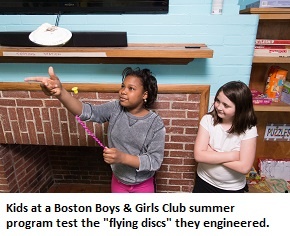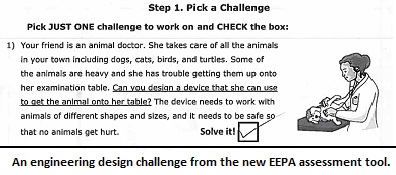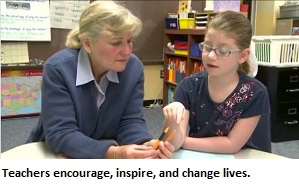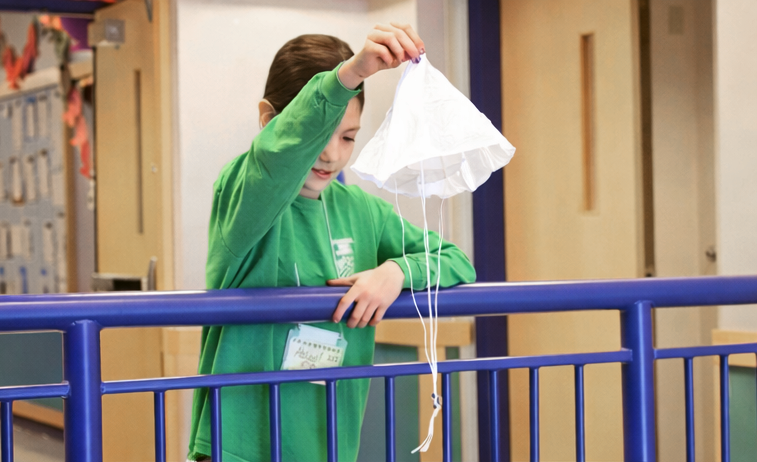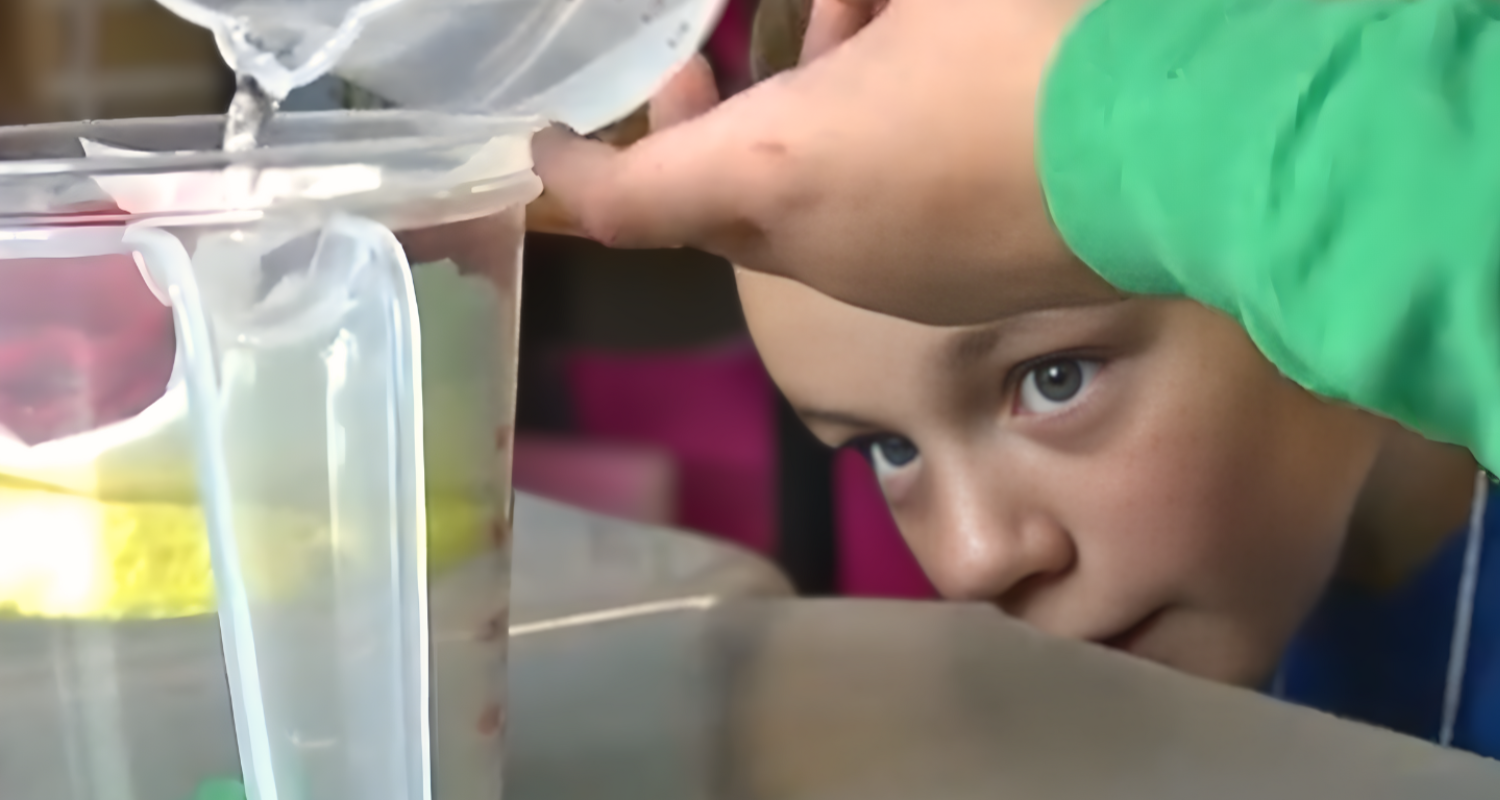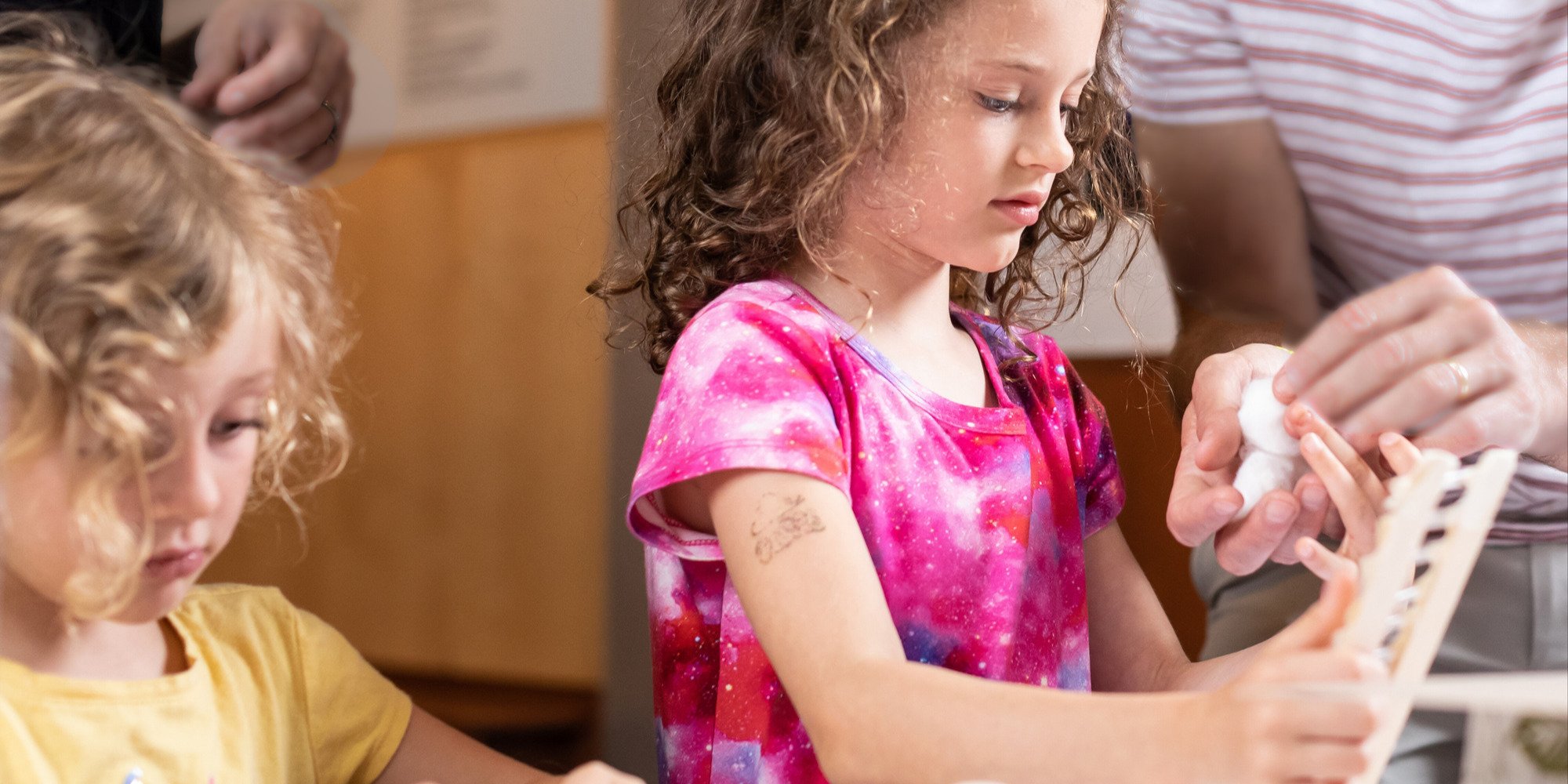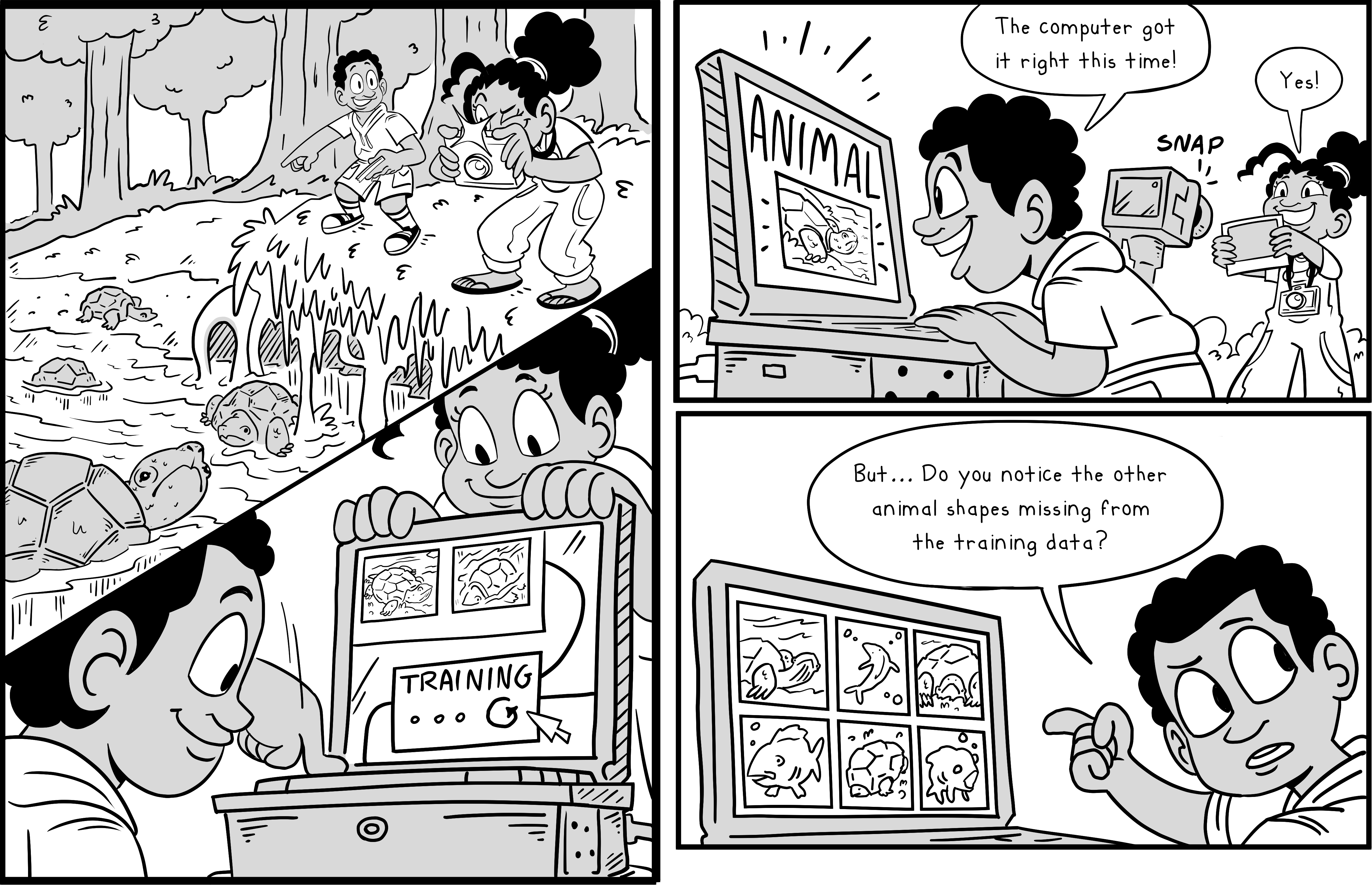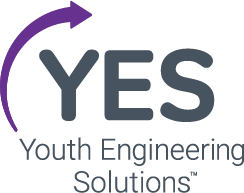The school year is coming to an end. When I say “summer slide,” do you picture fun on the playground? Actually, summer slide is a serious concern. Students can lose up to three months of learning progress over the summer, according to the National Summer Learning Association. They may return to school in the fall with academic skills significantly lower than when they left the previous spring. The risk of a slide is especially great in STEM subjects.
And students from low-income families are particularly at risk; they’re less likely to be enrolled in summer camps and other formal education activities, which can be costly. Out-of-school time programs that serve diverse populations are making fighting the summer STEM slide a priority, with programs like Boys & Girls Clubs of America’s "Summer Brain Gain" and 4-H's STEM Camps.



